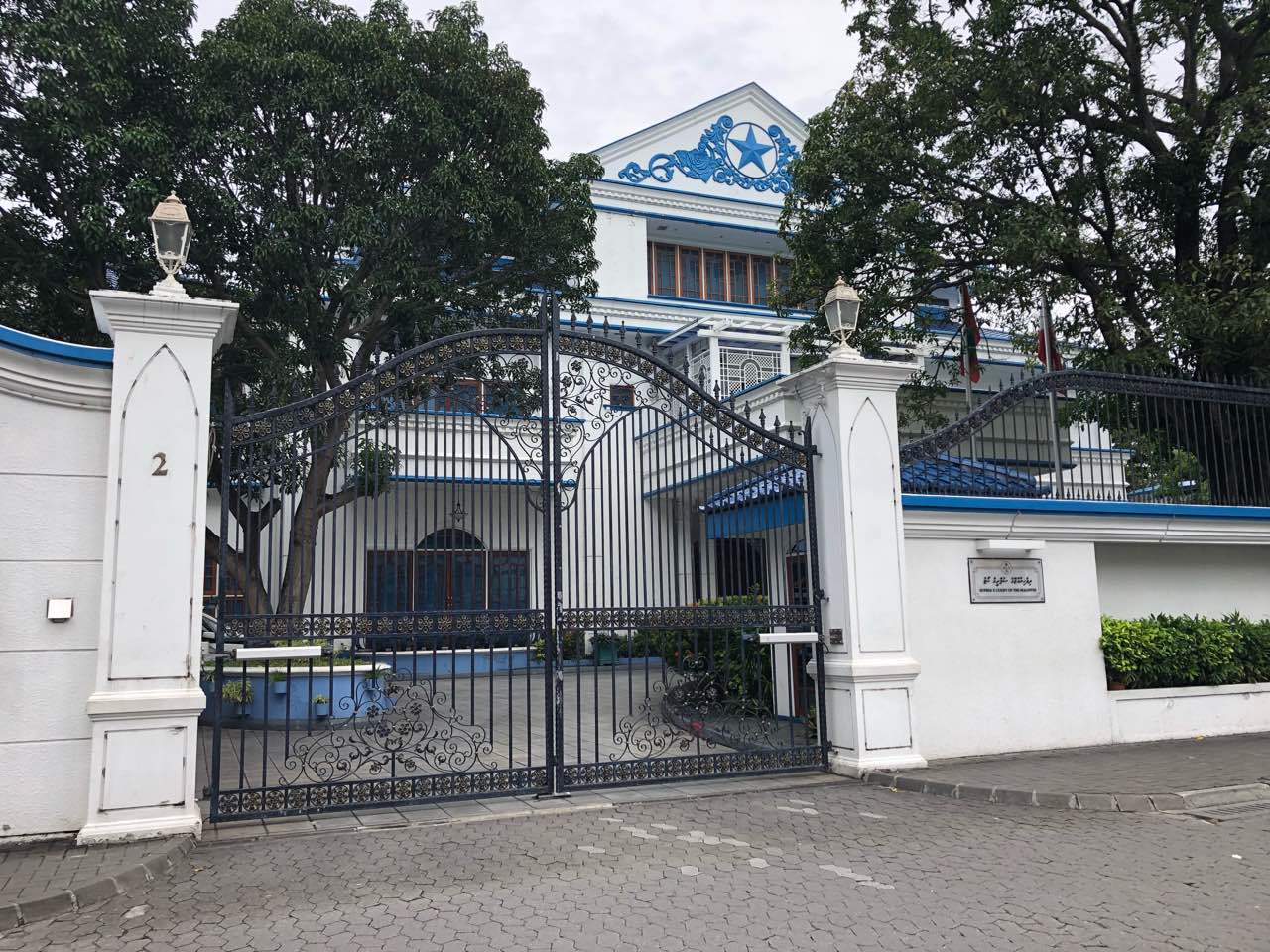Government proposes reverting to a 7-member Supreme Court
This is the fourth time the number of justices are being changed.

26 Jun 2019, 09:00
The government will propose an amendment that will revert the Supreme Court’s bench to a seven-member body, Attorney General Ibrahim Riffath said on Tuesday.
Speaking to reporters about the government’s proposed legislative agenda, Riffath told reporters that the change to the number of Supreme Court justices was a top priority for the government.
The amendment will be sent to parliament within the upcoming week, he said.
This is the fourth time the number of justices are being changed. When the interim Supreme Court was constituted under the 2008 constitution, the bench consisted of five justices. Two more were added when the Supreme Court was reconstituted in 2010.
Become a member
Get full access to our archive and personalise your experience.
Already a member?
Discussion
No comments yet. Be the first to share your thoughts!
No comments yet. Be the first to join the conversation!
Join the Conversation
Sign in to share your thoughts under an alias and take part in the discussion. Independent journalism thrives on open, respectful debate — your voice matters.




